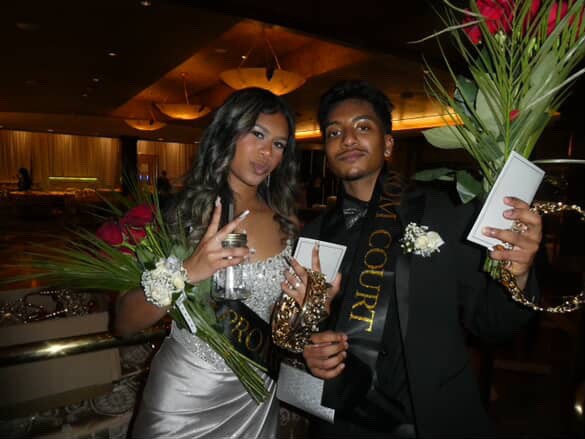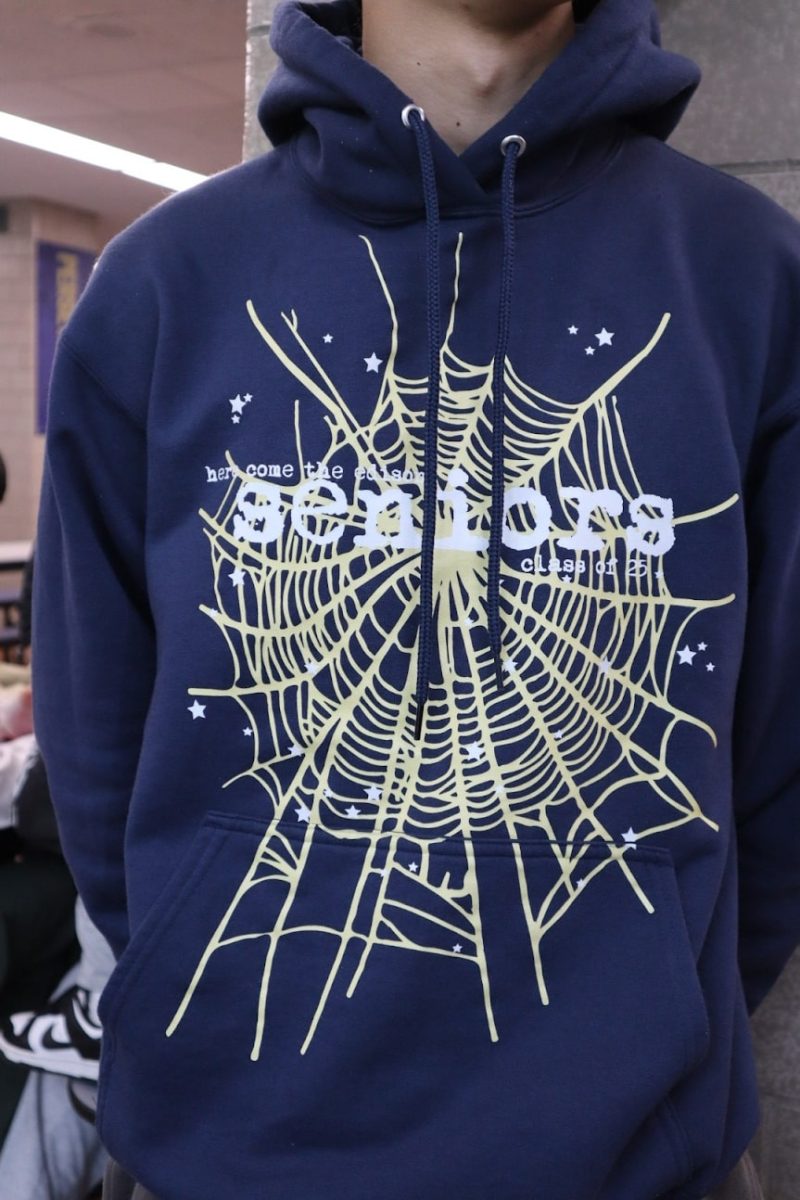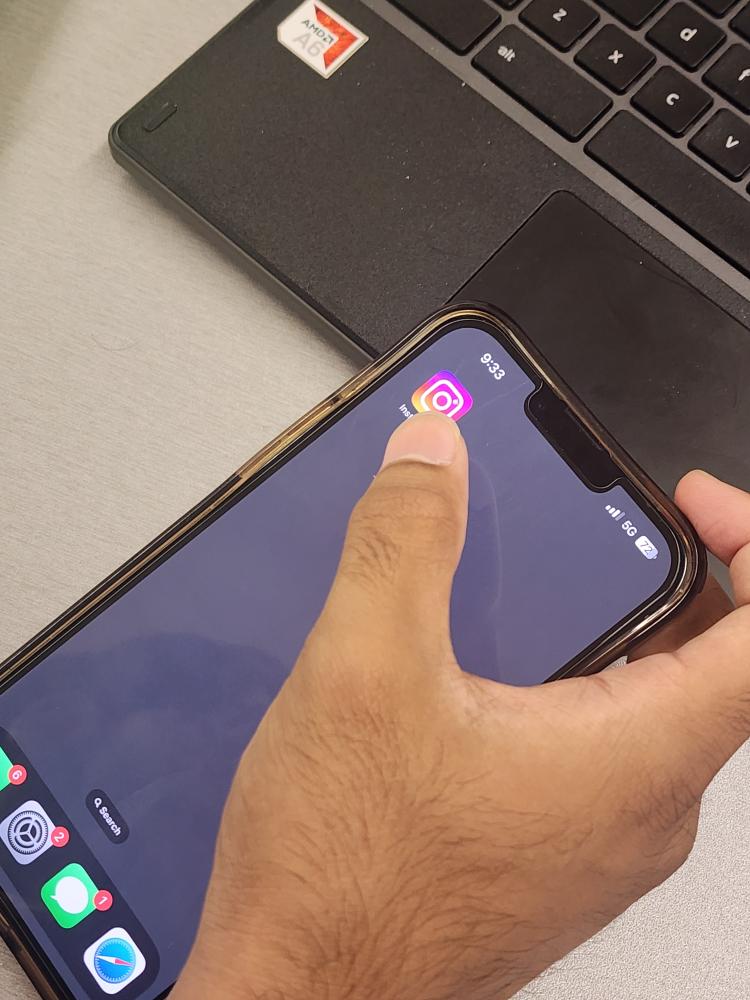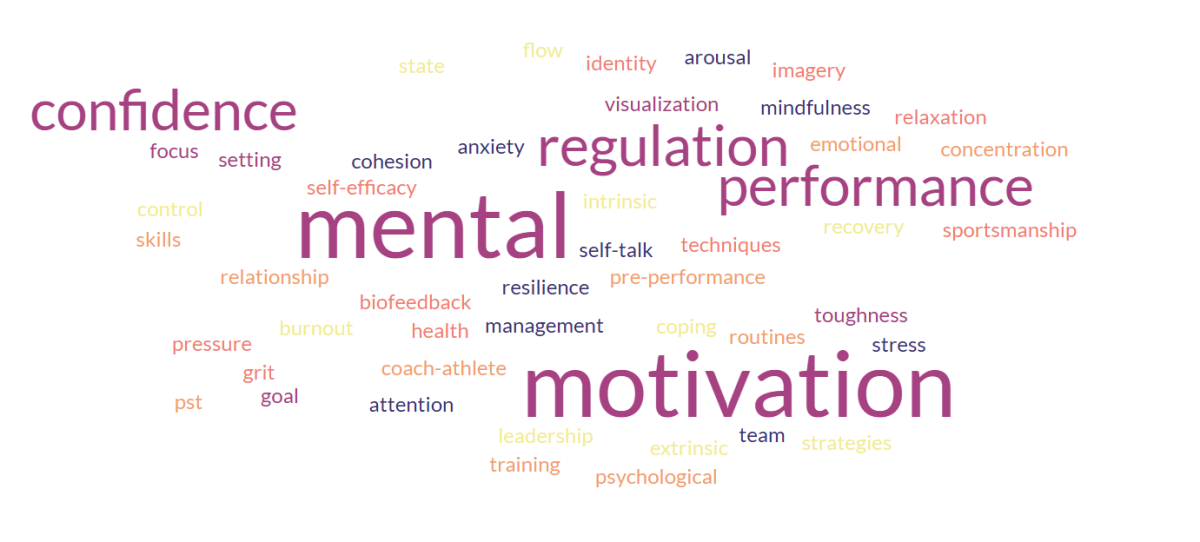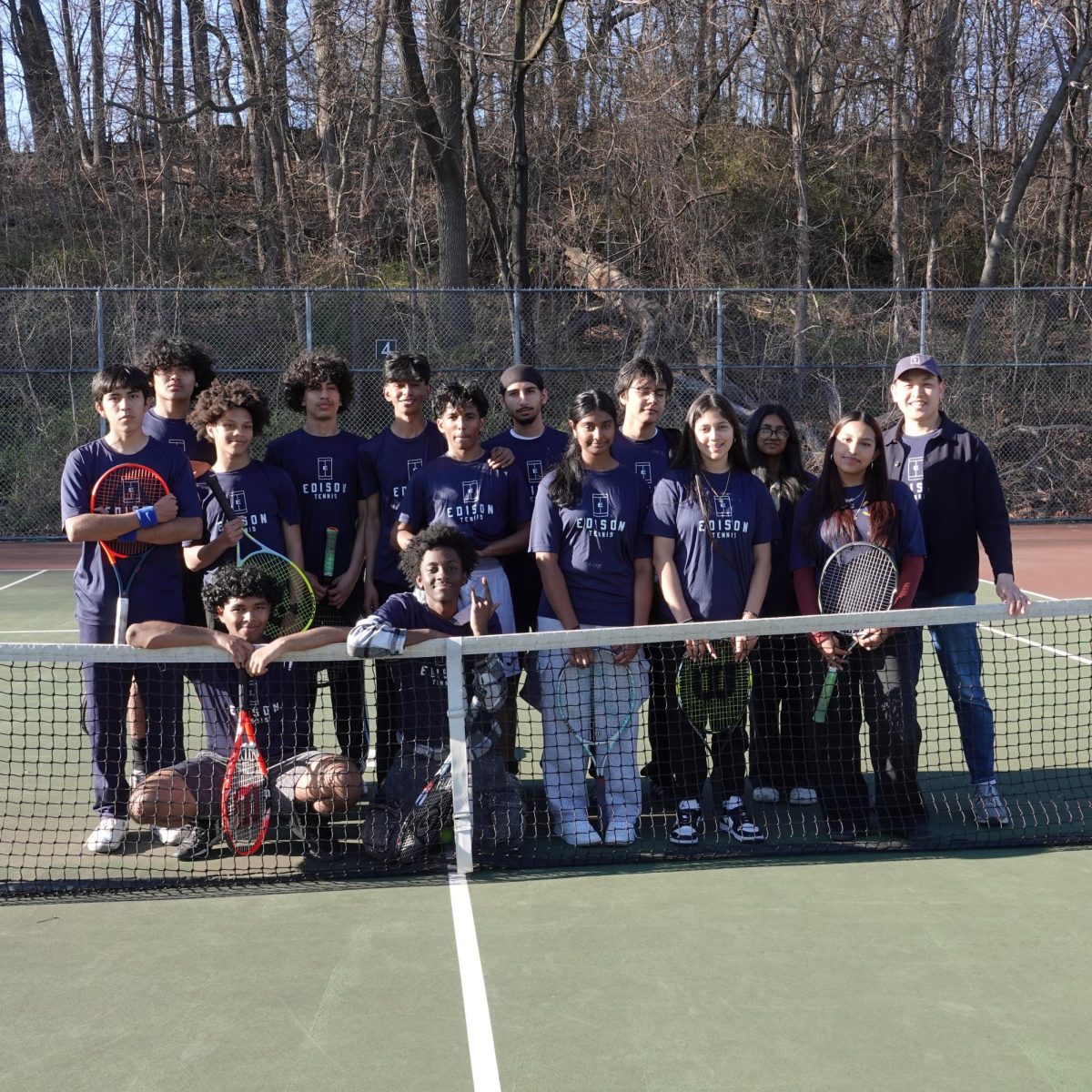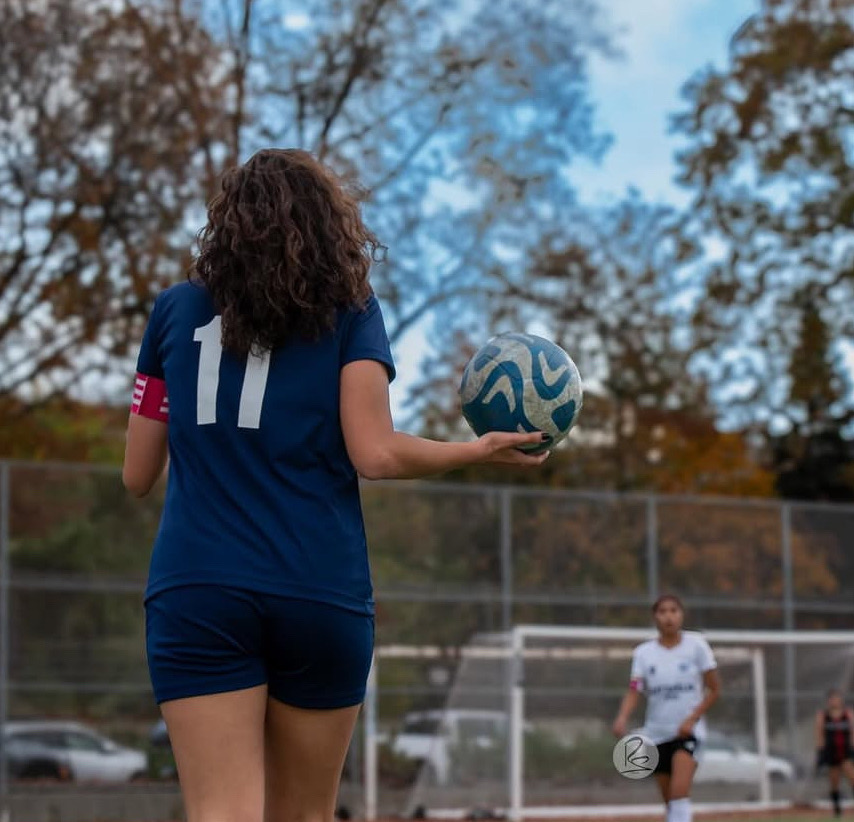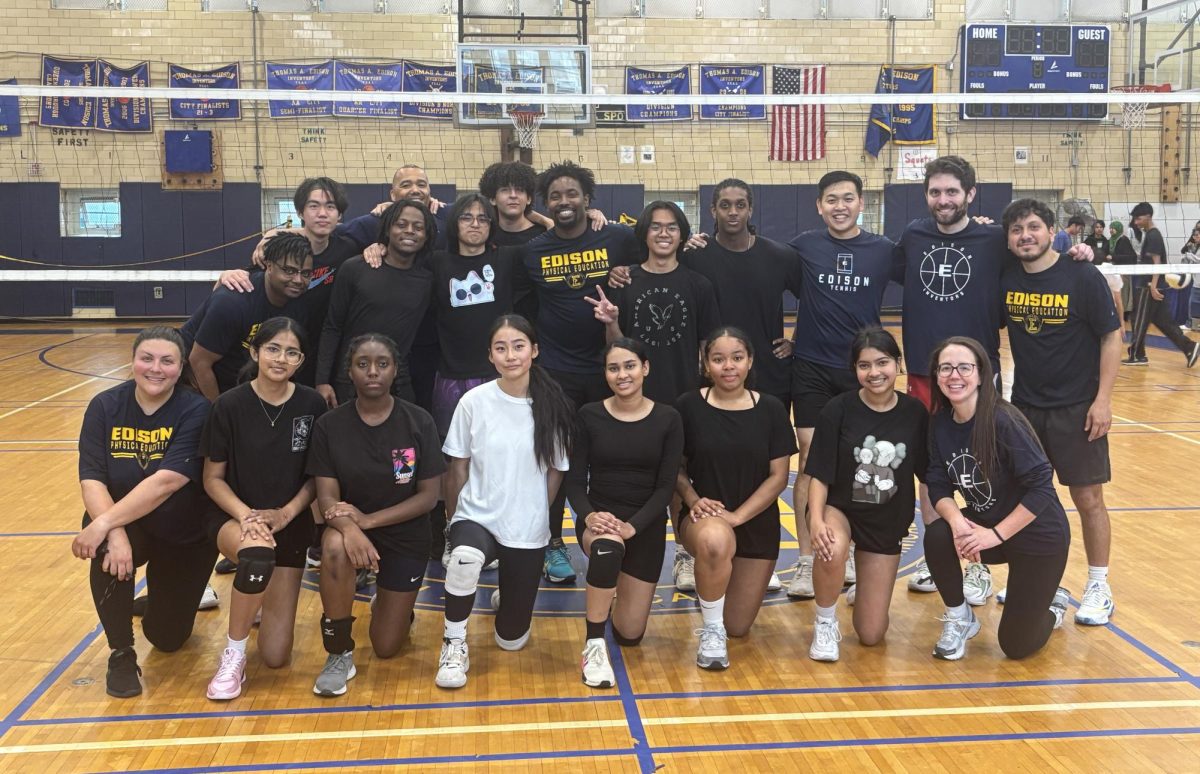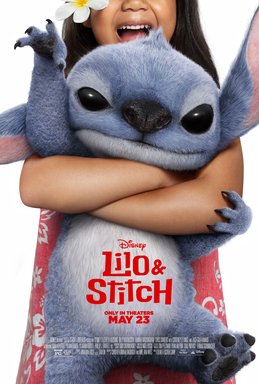Stan culture, born from the digital age, has taken the world by storm. The term “stan,” a combination of “fan” and “stalker,” emerged in 2000 with Eminem’s song “Stan,” portraying a man’s descent into obsession after his idol ignores his fan mail. Beneath the surface of adoration lies a darker reality—a reality where obsession and blind loyalty often overshadow critical thinking and healthy engagement.
Stan culture thrives on the intense validation fans receive from their idols, fostering a bond that transcends typical celebrity-fan dynamics and blurs the lines between fandom and friendship. Taylor Swift has earned the illustrious title of “eco-terrorist” for dominating the biggest celebrity CO2 polluter list two years running due to her high carbon footprint. In 2023, during a whirlwind romance with NFL player Travis Kelce, she managed to emit 138 TONS of CO2 in just three months, proving that love truly is in the air—along with a hefty dose of greenhouse gasses. Swifties immediately took to social media treating it less like a serious environmental concern and more like a personal affront to their reigning queen, complete with anti-feminist overtones and a side dish of “But what about the guys?” logic.
In a Huffpost article exploring the Swiftie-T-Swift bond, psychiatrist and assistant professor at Washington University School of Medicine, Jessi Gold pointed out how celebrities like Taylor Swift often make an effort to engage with their fans online,the singer’s efforts to connect with fans exceeded the average celebrity-fan dynamic – as if she’s just a regular friend who happens to sell out stadiums.

“The closeness is not at the same level as the closeness she has with her friends, obviously, but she has always made an effort to respond to videos, send gifts or money to fans she finds online who need it, or do special things for her fans, like invite them to her house for a screening of an album [which]… validates her side of the relationship with them more than a typical fan/celebrity situation would,” Gold said.
The parasocial relationships forged over time propell fans to blindly shield their idol, even in the face of unsettling revelations. Nicki Minaj’s stans, the Barbz, are infamous for their unhinged, toxic and ruthless tactics in shutting down any criticism directed at their queen, often resorting to doxxing and harassment. When news broke about her husband’s disturbing criminal record, the Barbz took it upon themselves to vigorously defend Minaj. Recently, Minaj unleashed a 24-hour tirade against Megan Thee Stallion, convinced that a line in Megan’s new song “Hiss” was a dig at her husband Petty and brother Jelani, both registered sex offenders. This lyric referenced Megan’s Law, which requires convicted sex offenders to be on a registry – a topic Minaj clearly wasn’t thrilled about, and she made sure everyone knew it. In the chaos, the Barbz did what they do best: intimidate, dox, and harass anyone daring to criticize their idol. Minutes after the song’s release, Minaj took to X (formally known as Twitter) to unleash a barrage of tweets aimed at Megan, branding her a liar and a flop, all the while hypocritically asserting that she doesn’t “condone bullying.”
“Every album she’s ever released = flopped… Horrible ACTORS that can’t cry on cue don’t try to act bookie it’s a chop. Pathological & manipulative liar. Using ghost writers & still SUCK. So it’s not me, y’all. I would never. I’m a classy lil rich lady.,” Minaj said during her social media meltdown and responded to the song through her own diss track, “Bigfoot”, in which she questions the legitimacy of Megan’s gunshot injury at the hands of Tory Lanez and takes aim at Megan’s family.
In the unfiltered world of stan culture, fans assert an unwarranted sense of entitlement, believing they have the right to dictate a celebrity’s personal life and appearance. Ariana Grande has been catching heat from critics since her whirlwind romance with “Wicked” co-star Ethan Slater that emerged from the wreckage of their previous marriages made headlines. Critics have relentlessly targeted Ariana Grande since news of her relationship with Ethan Slater surfaced, accusing her of being a home-wrecker.
Despite the fresh allegations, online criticism is nothing new for the singer, who’s been subjected to attacks over the years, including body-shaming comments labeling her as “malnourished.” Grande’s weight became a topic of concern in early 2023, prompting her to address it directly in a candid video posted on April 11th of that year, where she unapologetically confronted fans’ intrusive remarks about her body.
“I think we should be gentler and less comfortable commenting on peoples’ bodies. No matter what. If you think you’re saying something good or well-intentioned, whatever it is, healthy, unhealthy, big, small, this, that, sexy, not-sexy, we just shouldn’t. We should really work towards not doing that as much.” Grande said.
Stan culture perpetuates a toxic cycle of idolization and fanaticism, often escalating into online vitriol and relentless attacks, creating a battleground fueled by unwavering loyalty and intense passion for celebrities. The Selena Gomez, Hailey Bieber, and Justin Bieber love triangle has been a tiresome saga fueled by fan obsession and conspiracy theories. The drama began in the 2010s, with Gomez and Bieber’s tumultuous relationship, followed by Bieber’s subsequent romance and quick marriage to Hailey.
The real battle lies within their fandoms who continue to fuel the fire, with their relentless attacks and unwavering loyalty to their chosen idol. The tension reached new heights when Bieber was accused of mocking Gomez, leading to a vicious cycle of online hate and death threats that even Gomez herself had to step in to defuse. Gomez took to Tik Tok to deliver a message: stop the drama and start being decent human beings.
“Thank you and love you all so much. I’m deeply grateful for each and every one of you humans. You make me unbelievably happy…Please, please be kinder and consider others mental health. My heart has been heavy, and I only want good for everyone. All my love.” Gomez said.
As fans, creators, and bystanders, it is essential to recognize the thin line between fandom and obsession and strive for a more balanced and healthy approach to engaging with our favorite celebrities. Spending hours on end dissecting every move of our favorite celebrities, from their breakfast choices to their latest Instagram post, isn’t just unhealthy—it’s downright creepy. While it’s natural to admire and support our favorite celebrities, there’s a point where devotion can tip into unhealthy fixation. It’s time to step back, log off from the constant cycle of idol worship and online drama, and reconnect with reality. Close that tab, put down the phone, and go touch some grass.
Works Cited
“Taylor Swift and Travis Kelce Romance Is Bad for the Planet. Couple Burns a Whopping $70,779 Jet
Fuel in the Last Three Months.” The Economic Times,
economictimes.indiatimes.com/news/international/us/taylor-swift-and-travis-kelce-roma
Ce-is-bad-for-the-planet-couple-burns-a-whopping-70779-jet-fuel-in-the-last-three-month
/articleshow/106184435.cms?from=mdr. Accessed 26 Feb. 2024.
Wong, Brittany. “Taylor Swift Is Not Your Friend. but Here’s Why You Feel That Way.” HuffPost,
HuffPost, 9 June 2023,
www.huffpost.com/entry/taylor-swift-parasocial-relationships_l_647f6f88e4b0047ed783e
fd.










